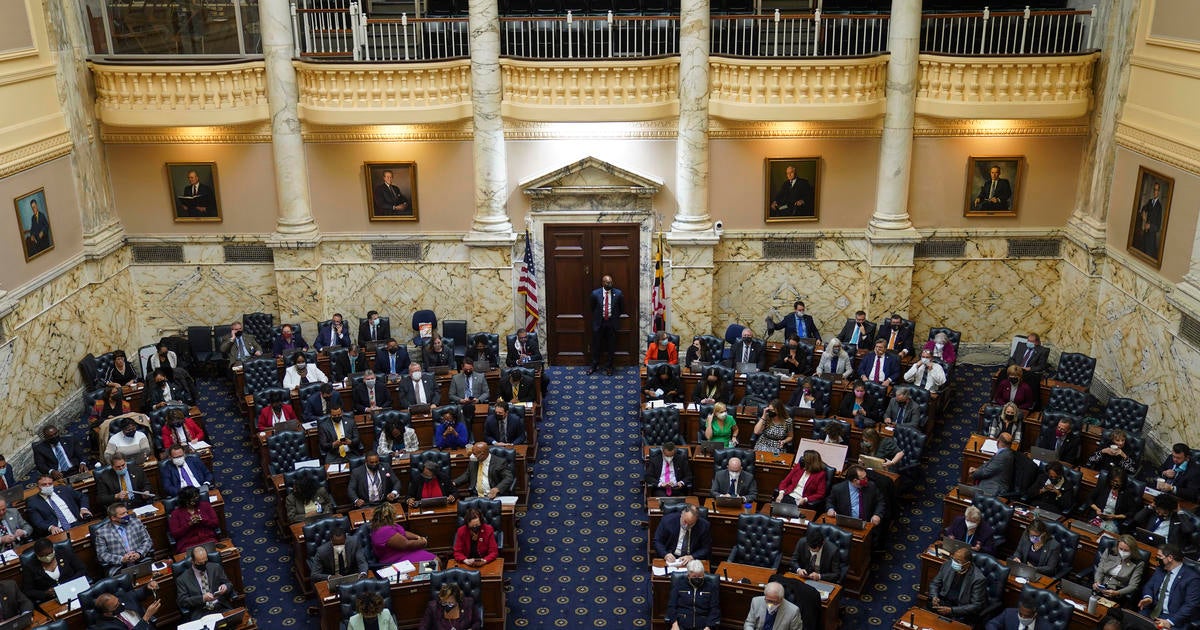Conn. Republican: Estate Tax Counterproductive To Economic Growth Efforts
HARTFORD, CT (WCBS 880 / AP) - In Connecticut, dying can be expensive.
WCBS 880 Connecticut Bureau Chief Fran Schneidau On The Story
Podcast
Under Connecticut's new budget laws, estates over $2 million can be taxed as high as twelve percent.
Republican St. Sen. Scott Frantz, a tax expert, says this is the kind of thing that is driving residents from the state and is counterproductive to the effort to create jobs and boost the economy.
"The message is 'Don't die in Connecticut,' because we have some of the highest rates in the country. We have one of the lowest thresholds at which you start to pay the estate tax," he told WCBS 880 Connecticut Bureau Chief Fran Schneidau.
The structural change in the tax was instituted as part of Gov. Dan Malloy's budgetary package to eliminate the state deficit.
The estate of a Connecticut developer who died in April is suing the state over a tax that was raised just days after he died.
The legislature increased the Connecticut estate tax on May 4 by including estates of more than $2 million, up from the previous threshold of $3.5 million. For the estate of developer Monty Blakeman, that would be an additional tax bill of more than $100,000.
Lawmakers made the law retroactive to cover anyone who died since Jan. 1.
The Hartford Courant reports that Blakeman's son, James, said the family planned the estate accounting for the state tax and criticized backdating it. The lawsuit claims the tax is an unconstitutional taking of Blakeman's property.
Tax commissioner Kevin Sullivan said he could not comment on a pending lawsuit.
(TM and Copyright 2011 CBS Radio Inc. and its relevant subsidiaries. CBS RADIO and EYE Logo TM and Copyright 2011 CBS Broadcasting Inc. Used under license. All Rights Reserved. This material may not be published, broadcast, rewritten, or redistributed. The Associated Press contributed to this report.)







